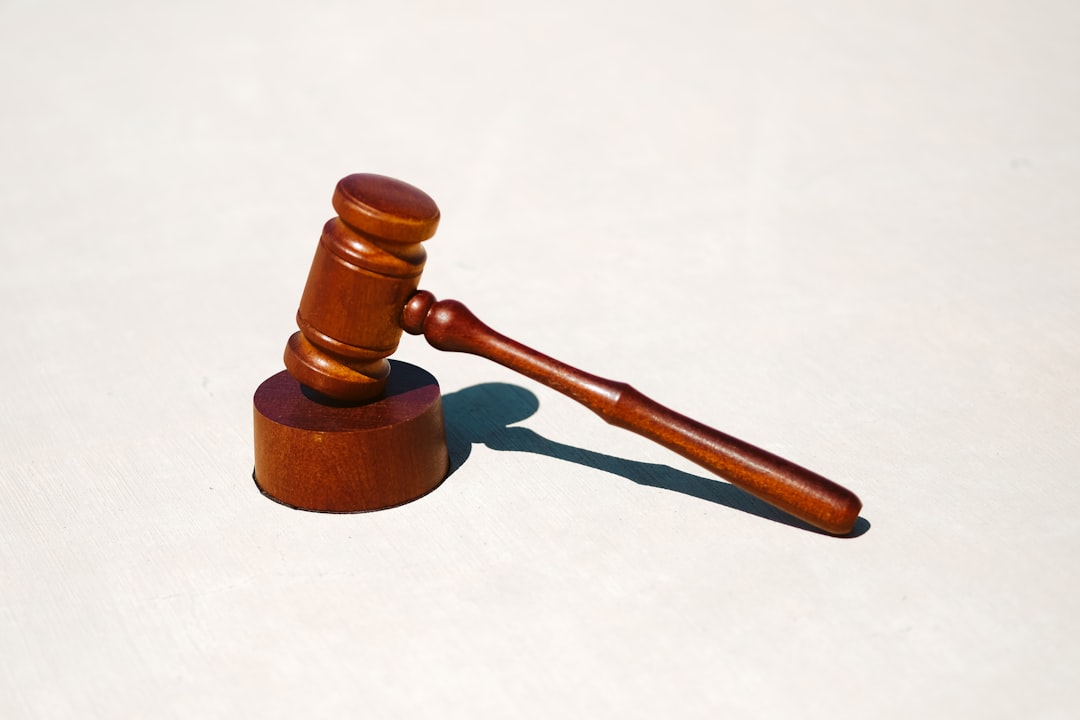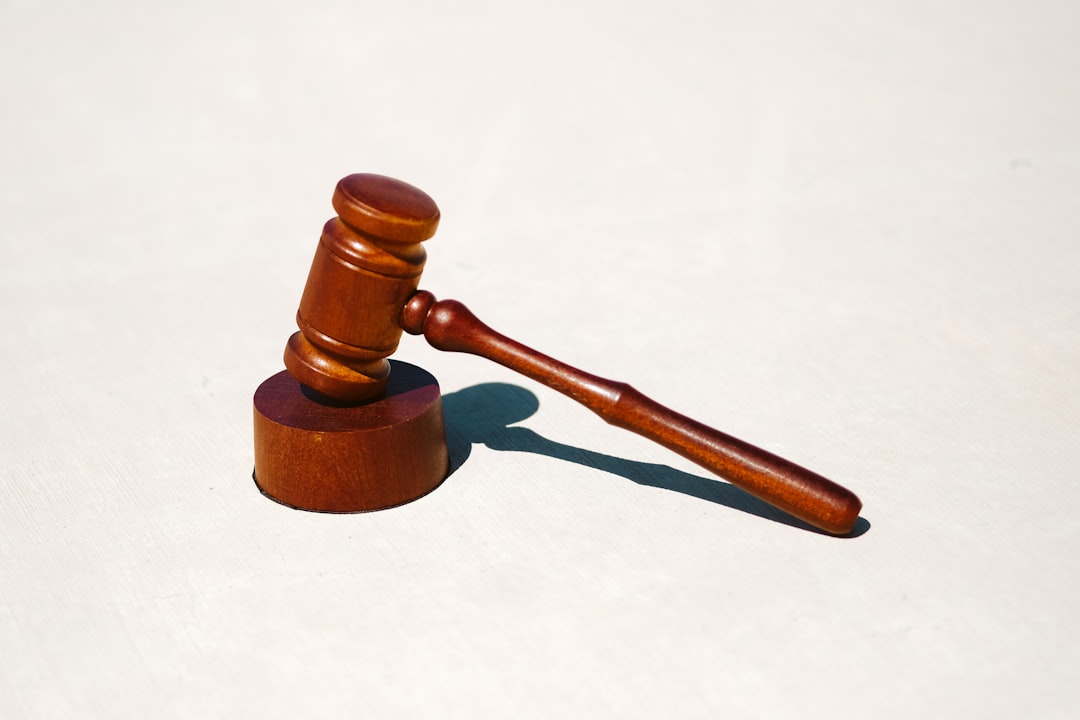Rape lawyers in Missouri face unique challenges due to victim recantation rates, which reach 10%. Recantations stem from pressures like family dynamics, stigma fear, or false memories. Lawyers must utilize forensic evidence, medical records, and expert testimonies to corroborate initial statements and counter recantations, ensuring just outcomes and protecting survivors' rights. Skilled legal representation is crucial for both parties to achieve justice in these complex cases.
In Missouri, navigating complex sexual assault cases requires an understanding of victim recantation—when victims withdraw or change their testimonies. This phenomenon significantly impacts conviction rates, posing challenges for rape lawyers. Exploring the prevalence and legal implications of victim recantation is crucial for practitioners in Missouri. By delving into effective strategies to handle recant evidence, this article equips rape lawyers with tools to ensure just outcomes in these sensitive cases.
The Prevalence of Victim Recantation in Missouri Rape Cases

In Missouri, as in many states across the country, victim recantation—when a sexual assault survivor changes their story or withdraws an accusation—is a complex and significant issue in rape cases. Studies show that recantations can occur for various reasons, including pressure from family or friends, fear of stigma, or even false memories. According to recent data, the rate of victim recantation in Missouri rape cases is substantial, with estimates suggesting it affects nearly 10% of reported cases. This prevalence poses a significant challenge for rape lawyers Missouri, as they must navigate not only the legal complexities but also the emotional and psychological nuances surrounding these sensitive matters.
Understanding the context in which recantations occur is crucial for ensuring just outcomes. For instance, rapes often involve power imbalances and traumatic experiences that can impact a victim’s ability to consistently recount their story. Missouri rape lawyers must be adept at handling such delicate situations, utilizing forensic evidence, medical records, and expert testimonies to corroborate the victim’s initial statements and counter any recantations. By doing so, they strive to protect survivors’ rights and secure convictions for those accused of sexual assault.
Legal Implications: When Victims Change Their Minds

When a victim recants their accusation in a Missouri rape case, it presents significant legal implications for both the prosecution and defense, including potential consequences for convictions. Rape lawyers in Missouri must be prepared to navigate this complex scenario, as recantations can introduce uncertainty and challenge the credibility of the victim’s initial testimony.
In such cases, the court’s role becomes crucial in evaluating the validity of the recantation. Prosecutors may need to present additional evidence reinforcing the victim’s original statement, while defense attorneys could argue that the recantation is a change of heart or an honest mistake, potentially leading to a different outcome in the trial. Understanding these dynamics is essential for both parties to ensure justice is served fairly and accurately.
Strategies for Rape Lawyers to Navigate Recant Testimonies

When dealing with recanted testimonies in Missouri rape cases, attorneys for the defense must employ strategic navigation. They should first request detailed information about the circumstances leading to the recantation, including any threats, coercion, or pressure applied to the victim. Understanding the reason behind the change in testimony is crucial for building a robust defense strategy.
Rape lawyers in Missouri can also challenge the credibility of the recanted statement by highlighting inconsistencies and discrepancies between the original and subsequent accounts. Cross-examination techniques can be used to expose any contradictions, demonstrating to the jury that the victim’s recollection may have been affected by external factors or emotional turmoil. This approach helps rape lawyers protect their client’s interests and potentially secure a favorable outcome in court.






